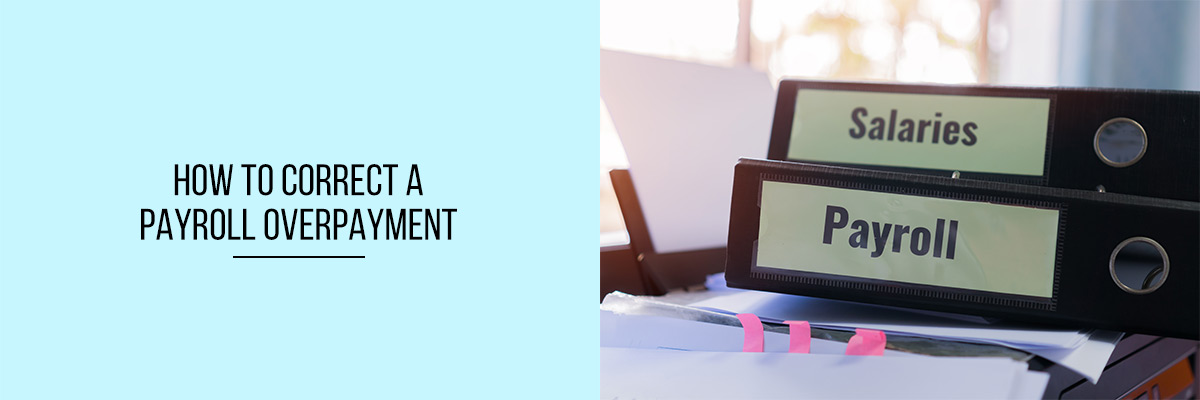Overpayments are common, even in today’s time. This is especially true with companies handling payrolls manually. Although making mistakes are exceptionally common, that doesn’t mean they should go uncorrected. Payroll overpayments can lead to great complications and tax payment issues.
When payroll mistakes have taken place, companies must ensure to regain the amount and find what caused the mistake to avoid it in the future. To better understand how to correct the mistake, it’s crucial to know what is Payroll Overpayment.
What is Payroll Overpayment?
Simply put, a payroll overpayment is when an employee is paid extra than their usual payment without any extra working hours. The overpayments could be because of manual calculation errors, entry errors of working hours, inaccurate paid times off payouts, etc.
How to Correct a Payroll Overpayment?
Dealing with payroll errors also depends on the time the mistake was caught. The process can be simpler and a lot easier if the mistake was caught before the employee received their wage. In this case, employers still have time to cancel the payroll and bring the required changes by reversing the deposit.
But what if you have discovered the error after the amount has been deposited to the employee?
As an employer, under federal laws, you are entitled to recover the overpayment. Federal laws and the Department of Labor consider overpaid amounts under the advance salary payment category, allowing employers to deduct the amount from the next payment. However, it’s important to notify the employee of the errors and deductions beforehand, and request for agreement.
There are other ways to correct the overpayment. Employers can ask their employees who are overpaid to return the amount or adjust it in the next paycheck. If the amount is significant, employers can evenly distribute the amount to be deducted from several future paychecks with the employee’s agreement.
What are the necessary steps to follow:
Although the process might seem to be simple and very straightforward, there are laws that employers must comply with.
Employers must comply with the laws of the state. Some states have forward rules, yet some have restrictions. To avoid falling into the complications of laws, employers must notify the employee about the error and deduction and get written authorization from the employee.
In some states, deducting over a certain amount of an employee’s income is not permitted for overpayment deductions. In such cases, employers are required to evenly distribute the amount to future paychecks until completed.
Remember to adjust your tax payroll and submission form as well. Since you will be collecting the overpaid amount as a means of an overpayment after retaining the taxes from the employee, don’t forget to set the overpaid amount as a post-tax deduction.



Final words
Apart from correcting your errors, it’s also important to find the cause and take preventive measures to avoid any future mistakes. These measures can be taken by using software for payrolls instead of doing calculations manually and cross-checking the final reports.


